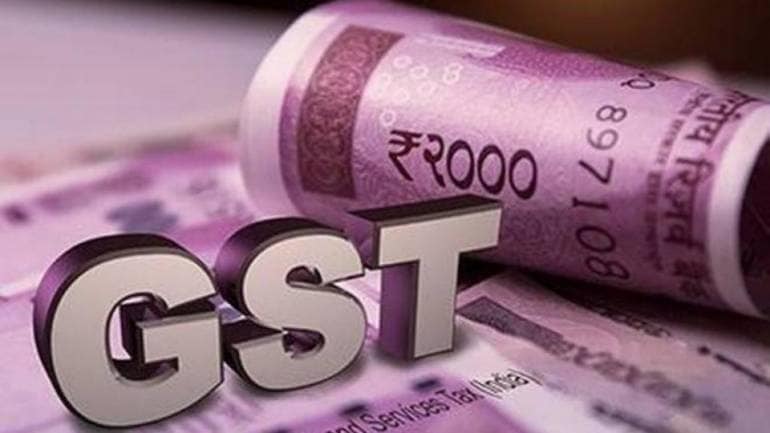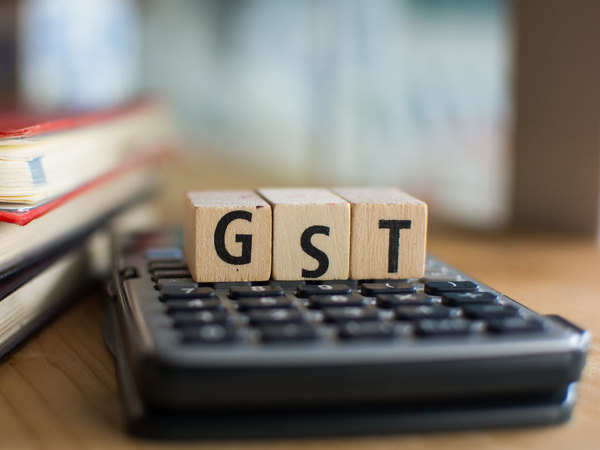1. Introduction
The concept of retention money is very normal in case of construction contracts/ work contracts of high value where span of such contracts is for a period more than a year. The retention money is normally deducted by the recipient at specified percentage as per terms of the contact/agreement from the periodic bills raised by the contractor and the balance payment is made by the recipient after deduction of the retention money and TDS. In this article we will discuss various issues regarding GST on retention money.
Basically retention amount clause is kept in contracts for safeguarding the recipient from any risk of non / partial completion of work assigned to the contractor. Accordingly retention amount deducted by the recipient is paid to the contractor on completion of work to its satisfaction / receipt of completion certificate from concerned authorities.
2. Applicability of GST on retention money
Although this question seems not to be relevant as GST applies on the value of taxable supply determined as per Section 15 of the CGST Act, 2017 and retention money is part of such value and thus would naturally be exigible to GST.
However the question in this regard that is asked from the suppliers end, is about quantum of billing and payment of GST thereon. This issue can be understood by the following illustration.
Illustration 1:
X Ltd a work contractor as per terms of contract is required to issue bill for work done on monthly basis to Y Ltd the recipient of supply. As per the contract, retention money @ 10% is prescribed. Suppose work executed during the month of April,2020 was of Rs 5,00,000/- and rate of GST is 18%. Now X Ltd is faced with two options:
- Issue invoice of Rs 5,00,000 plus GST.
- Issue invoice of Rs 4,50,000 plus GST, after reducing the retention amount as per contract and issue invoice for such retention amount upon completion of work.
In this regard there should be no doubt that invoice in instant case needs to be raised for the full value of Rs 5 lakh plus GST and tax of Rs 90,000/- thereon will be required to be deposited by the supplier as time of supply as per provisions of Section 12 (goods) or Section 13 (services) is attracted upon issuance of invoice.
To conclude, bill amount cannot be reduced at supplier level itself and rather invoice is be raised for full value of supply made and any retention money deduction thereon will be made by the recipient subsequently at the time of making payment to such supplier.
3. GST on release of retention money
As the GST on full value of taxable supply has already been charged and paid by the supplier at the time of issuance of invoice, there will be no GST implication at the time of refund / release of retention money to the supplier by recipient, upon satisfactory completion of work.
4. Whether input tax credit (ITC) is to be reversed by the recipient equivalent to the GST component of retention money
This is the key issue which the recipients are grappling with. The reason for emerging of ITC issue due to retaining of amount by recipient out of suppliers bill, is second proviso to Section 16(2) of the CGST Act,2017 which reads as under:-
“Provided further that where a recipient fails to pay to the supplier of goods or services or both , other than the supplies on which tax is payable on reverse charge basis, the amount towards the value of supply along with tax payable thereon within a period of 180 days from the date of issue of invoice by the supplier , an amount equal to the input tax credit availed by the recipient shall be added to his output tax liability, along with interest thereon, in such manner as may be prescribed.”
For understanding the implication of the above said proviso, let us take the Illustration 1 as discussed supra, further ahead for ease of understanding.
Illustration 2:
X Ltd raises invoice of Rs 5 lakh plus GST @ 18% (Rs 90,000/-) i.e. total value of Rs 5.90 lakh to Y Ltd. Y Ltd as per terms of the contract retains 10% of the bill amount i.e. Rs 59,000/- and releases the balance (after TDS) to X Ltd.
In the above case Y Ltd must have taken ITC of GST amount as reflected in the invoice i.e. Rs 90,000/- upon receipt of invoice subject to fulfillment of other conditions. It may also be noted that X Ltd must also have paid this tax with the Government through GSTR 3B and also filed its GSTR 1 giving details of the invoice and thus this credit would be reflected in GSTR 2A. In such a situation there should absolutely be no restriction / impediment to avail such ITC if such inward supply is for business purpose / for taxable outward supply and same is not blocked under Section 17(5) of the CGST Act,2017.
However the above situation may not leave the recipient scot free as danger of ITC reversal of Rs 9,000/- under second proviso to Section 16(2), looms in view of fact that full amount of invoice has not been paid to the supplier i.e. Rs 59,000/- (including GST of Rs 9,000/-) has been retained as per Contract. Now it has be decided whether such a danger is merely an imagination or a hard reality.
The answer to above hinges upon the provisions of second proviso to Section 16(2). Before applying the proviso we need to consider the legislative intent of inserting such a restriction by Govt which strictly speaking doesn’t have any locus standi in imposing such restriction specially when it has got its tax.
The intent of such a provision appears to be protection of the suppliers from non-payment by recipient in respect of supply made. As in cases of non-payment there will be double jeopardy for the supplier, as firstly he doesn’t get any amount towards supply made and secondly that he has already deposited GST thereon from its pocket (upon trigerring of time of supply on issue of invoice) which is also not received from supplier. The said proviso will create a sort of pressure in form of ITC reversal on recipients to pay full value along with tax to supplier within a time not exceeding 180 days.
Considering the above intent, the language used in the proviso is “fails to pay” rather than “does not pay”. It may be appreciated that there is a big difference in two terms as “fails to pay” refers to a situation where the amount was payable / due as per contract but was not paid, whereas “does not pay” is having a wide connotation and would cover non-payment due to any reason.
As in case of retention money the amount is deducted from each invoice as per terms of the contract entered between supplier and recipient. As per contract such retention money will be due for payment upon completion of work and as such amount is not due for payment now there cannot be any failure in payment of such a sum.
Accordingly it appears that amount of retention money will not be covered within expression ‘fails to pay’ and thus said proviso will not be applicable. Consequently there will be no need for credit reversal even if 180 days has been elapsed since invoice date.
However the issue is debatable and Revenue may litigate on the issue.
5 Concluding Remarks
The issue of reversal of ITC is debatable but as discussed supra in case retention money has been withheld by recipient as per mutually agreed terms of the contract it cannot be regarded as ‘fails to pay’ and thus is not covered by the restriction imposed under second proviso to Section 16(2) of the CGST Act,2017. Accordingly no credit reversal may be applicable in such a situation.
It is pertinent to mention here that though accounting treatment doesn’t affect tax treatment but as a precautionary measure it is suggested that the amount of retention money may be shown in different A/c head by name of retention money and should not be mixed with other Trade Payables. Such a practice will also be helpful at time of refund of retention amount.
However it is important to note that above legal position will change in case any arbitrary amount is deducted from the invoice by the recipient which has not been agreed upon in the contract or payment is not made due any other reason like financial difficulty of supplier / dispute etc and in such cases second proviso to Section 16(2) will apply and ITC reversal will be made after lapse of 180 days from the date of invoice. Needless to mention here that ITC would be reversed only to the extent of payment not made out of total bill amount.
***
[rainbow]Don’t miss the next GST Update / Article / Judicial pronouncement[/rainbow]
Subscribe to our newsletter from FREE to stay updated on GST Law
Resolve your GST queries from national level experts on GST free of cost.
Frah Saeed is a law graduate specializing in the core field of indirect taxes and is the Co-founder of taxwallah.com. She has authored many publications on GST and is into full-time consultancy on GST to big corporates. She as a part of taxwallah.com heads a team comprising of Chartered Accountants and Advocates and plays a key role in our mission to disseminate GST knowledge to all.




